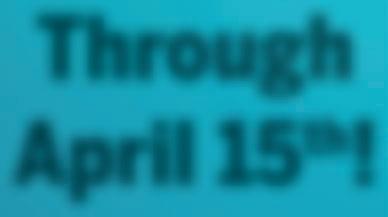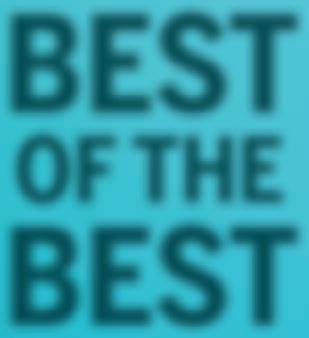
2 minute read
Lodging tax revenues bounce back
Brighton approves preCOVID levels of money for economic development, culture
BY SCOTT TAYLOR STAYLOR@COLORADOCOMMUNITYMEDIA.COM
Brighton cultural and economic development efforts are getting a financial boost from a reinvigorated lodging tax.
City Councilors allocated $410,000 to four groups, including the Brighton Economic Development Corporation and the Brighton Cultural Arts Commission, from its lodging tax proceeds.
City Manager Michael Martinez said lodging tax has not provided that much money since COVID 19 started. In 2021, the city was able to distribute $255,000 and in 2022 it distributed $265,000.
“We are finally back at preCOVID levels of the lodging tax, so that’s good news for us,” Martinez said.
Voters approved a 3 percent tax on overnight lodging stays in November 2011. Since then, the money generated from the tax has been spent on programs put on by the Greater Brighton Chamber of Commerce, the Economic Development Corp., the Brighton Youth Commission, the Brighton Cultural Arts Committee and others.
The ultimate goal was to generate more overnight stays and other economic benefits, city officials said.
Martinez said the city is also restructuring how the money is distributed.
Before, the Brighton Armory received a share of the lodging tax revenue but only through the Cultural Arts Commission. Likewise, the Economic Development Corporation was expected to share its lodging tax revenue with the Brighton Chamber of Commerce.
For 2023, both the Economic Development Corporation and the Cultural Arts Commission will each get $120,000 from the lodging tax fund.


But the Armory and the Chamber will each get $80,000 directly from the tax.
“In 2023, you will notice that each of the groups are getting more money, technically, because of how we are structuring this, Martinez said. “The Cultural Arts Commission will get more money because the Armory is receiving their share as a direct allocation. It actually works out for both organizations.”
Martinez said the Brighton Youth Baseball Association will also get $10,000 for the tax in 2023.
Councilors also agreed to let the Economic Development Corporation and the Arts Commission to roll over unspent lodging tax revenues from previous years — $82,614 for the Economic Development Corporation and $118,184 for the Art Commission.
“Unfortunately, there are still a bit of COVID funds out there,” Martinez said. “Some of the programs were created during COVID but we just couldn’t spend the money fast enough.”
One of the spending items for the Arts Commission is the mural being painted in Brighton’s Founders Plaza.
“There are also some small business grant programs that we have been carrying over for the last few years, but we feel we can execute those,” Martinez said.
Martinez said the city adopted the current structure in 2018.
“The lodging tax program, from grant point of view, had become a bit unruly,” he said. “The idea was to make it a little more streamlined and more predictable for the organizations who receive the grant funding.”
He expects the city will change it again soon.
“In 2024, I expect we’ll have a more robust discussion about this program,” he said. “It’s been five years and it’s probably time we talk about what the next iteration of the lodging tax looks like.” comes online in 2025. e city’s water customers typically use about three million gallons per day for showers, toilets and drinking water, summer or winter. But summer irrigation on private lawns, commercial uses like farms and landscaping and city use on parks and elds can push the water demand up past 12 million gallons per day. e new restrictions are meant to target those summer days and convince residents to limit water use. e restrictions run May 1 and Sept. 30. During that time, irrigation and lawn watering is forbidden during the hottest parts of the day, between 10 a.m. and 6 p.m. e new restrictions also don’t allow new sod installation — although sod patching is okay — and prohibits wasting after and allowing it ow



Residents with addresses ending in even numbers can water outside of those hours on Sundays, Tuesdays and Fridays. Addresses ending in odd numbers or tracts of land with no assigned addresses can water outside of those hours on Mondays, Wednesdays and Saturdays.











